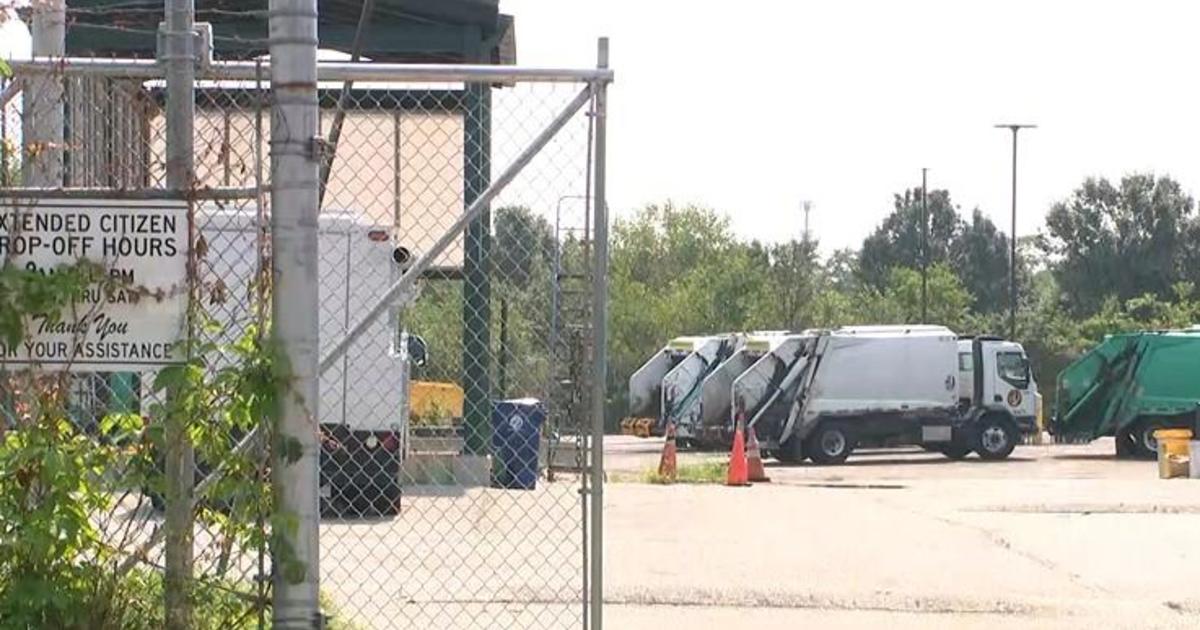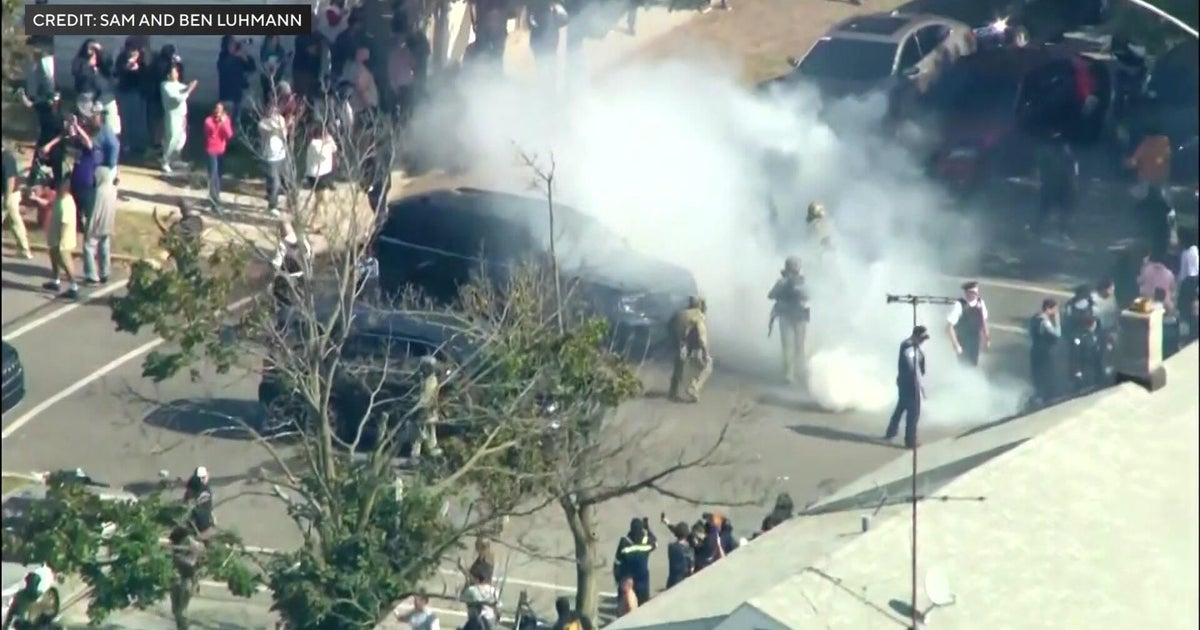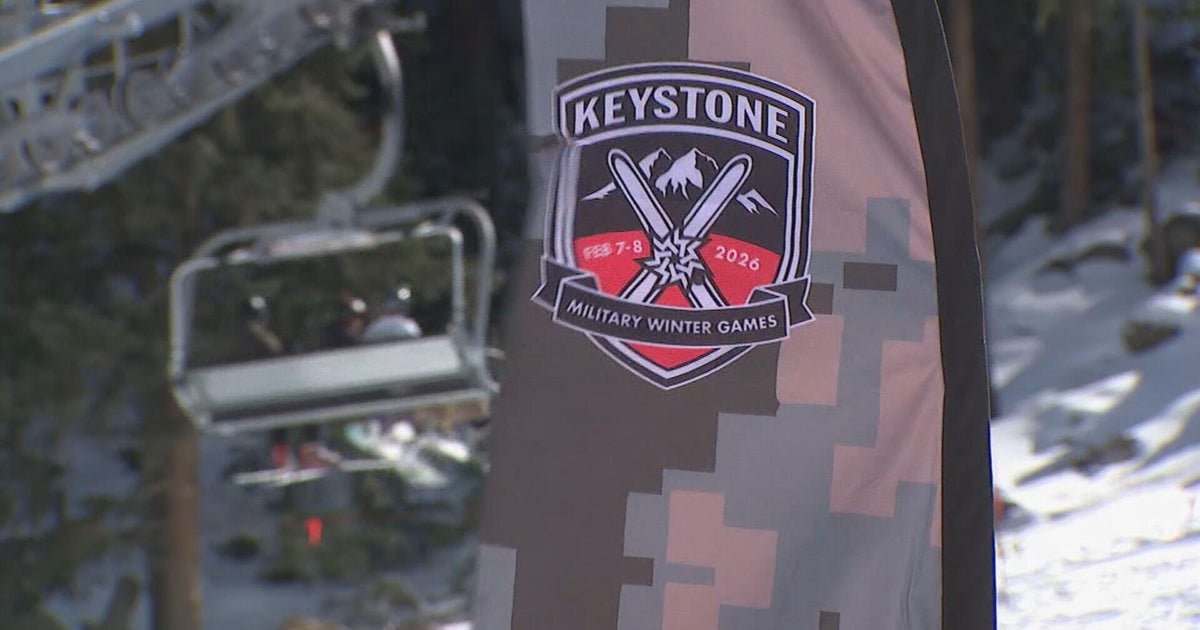How do they test wastewater for diseases?
MINNEAPOLIS -- This week, researchers at the University of Minnesota will begin testing metro wastewater for monkeypox. It's an extension of a partnership with the Metropolitan Wastewater Treatment Plant to conduct surveillance for COVID-19 levels in the metro area.
So, how is our wastewater tested? Good Question.
"We've had a tremendous paradigm shift in the wastewater treatment community," said Metro Plant Principal Research Scientist Steve Balogh. "There's no going back."
Balogh has worked at the Metro Plant for over 30 years. It's only in the last two-and-a-half of those years that he – or anyone -- has run the wastewater surveillance program to measure levels of virus.
Wastewater surveillance isn't new, but it's become more common since the start of the pandemic. Many types of viruses can be surveilled, including influenza, polio, SARS and monkeypox.
The surveillance process starts at the Metro Plant in St. Paul where wastewater from 1.95 million residents of Minneapolis, St. Paul and 66 other communities comes in each day. Balogh collects samples to look for COVID levels daily, which are then reported weekly to the public by the Metropolitan Council.
The solid trash and sand is first filtered out of the wastewater before it's treated by Balogh. He then takes a 250mL sample water to his lab where he puts it through a complicated series of flooding, binding, rinsing, heating and spinning to end up with a teardrop of RNA. That RNA is what's sent to the University of Minnesota's Genomics Lab for further testing.
"It's kind of like having a urine test for everyone," said Balogh. "In one sample we can tell you exactly what's happening in our community of two million people."
Balogh believes the potential for wastewater surveillance is enormous. Already, they're working on testing for monkeypox. Balogh said he's had preliminary discussions about testing for polio, should that ever be necessary in Minnesota.
"It's a real measure of the public health of the community," he said, pointing to the wastewater. "And, there are secrets. You have to dig to find them, they don't give it up easily."








